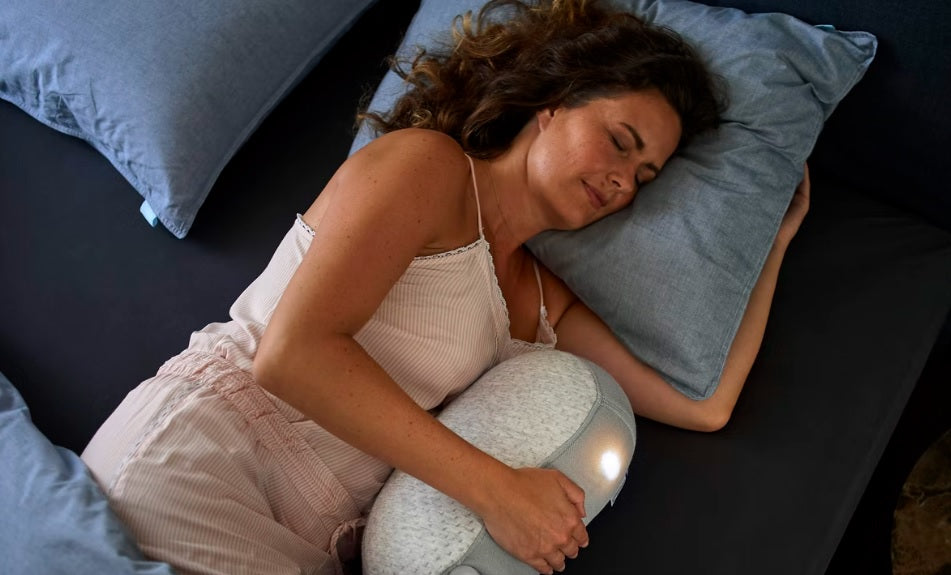How long does melatonin work
After administering an oral dose of melatonin with immediate release of active ingredients, a top dose is reached within minutes, which has its hypnotic effect. This Melatonin Becomes fast metabolized and completely excreted within 3-4 hours.

Melatonin how long works
When taking an appropriate dose of melatonin, the effect lasts all night, so that the patients do not have to fear that this hormone makes them sleepy. It should be noted that the hormone is reduced by light, so that melatonin decreases at dawn, which woses the patient.How long does melatonin work
So if the maximum melatonin concentration is to be reached physiologically, the melatonin mirror occurs because the body's secretion is inhibited. Forms with an extended release of active substances ensure a slower and sustainable absorption, so that the top dose is delayed and reached to a lesser extent and the mirror is maintained over 8-10 hours, which corresponds to the physiological secretion curve of the endogenous melatonin.
How long does the effect of melatonin last?
How long does it take for melatonin to have its effect? Depending on the study, she fluctuates between 45 and 75 days. And sometimes it has no effect at all.
Melatonin 10 mg tablets
Melatonin 5mg 180 tablets
Melatonin 3mg tablets
But what is melatonin and what is it good for?
Melatonin is an artificially produced form of a hormone that is produced in the brain and contributes to regulating the sleep-wax rhythm. Melatonin is used in alternative medicine as likely effective help in the treatment of insomnia (sleep and sleep disorders).Which diseases can be healed with melatonin?
A review of studies has shown that melatonin can contribute to the treatment and prevention of breast, prostate, stomach and colon cancer. Melatonin also increases the effectiveness of chemotherapy and radiation therapy and reduces the side effects of these treatments.But how do you take melatonin to sleep?
It is available in a pill form. If you want to know how to take melatonin to be able to sleep better, you should first consider that it has to be taken regularly. To fall asleep, it should be taken in advance, i.e. H. Between an hour and 30 minutes before going to bed.
Indications for melatonin in children and adolescents

Insomnia is the most common sleep disorder in childhood and adolescence, especially among older adolescents. Depending on the diagnostic criteria used, the prevalence fluctuates from one study to another, but is estimated to be 19-24 %, although it is somewhat higher in girls than in boys. In the treatment of reconciliation sleep disorders in children and adolescents, individualized cognitive behavioral therapy should be the basic measure that is supported by pharmacotherapy. If pharmacological treatment is required, Melatonin24 is the first choice. 24 In infants and preschool children, a dose between 1 and 3 mg/night is recommended, in older children between 2.5 and 5 mg/night and between 1 and 5 mg in adolescents, whereby the intake should take place gradually. The intake should take place 30-60 minutes before going to bed. The treatment should not take longer than 4 weeks. There is no data on the use of melatonin in an extended form in children with normal psychomotor development.
When should you take a melatonin and what is the right dose?
Studies show that it works when it is taken about 30 minutes before going to bed. The dose is very different, in studies between 0.5 mg and 15 mg. The tablets sold in the pharmacy usually contain between 1 and 2 mg. It is advisable to start with a low dose and gradually increase it with a lack of effect. Melatonin is not a sleeping pill, and if you take more of it, you won't fall asleep earlier.




